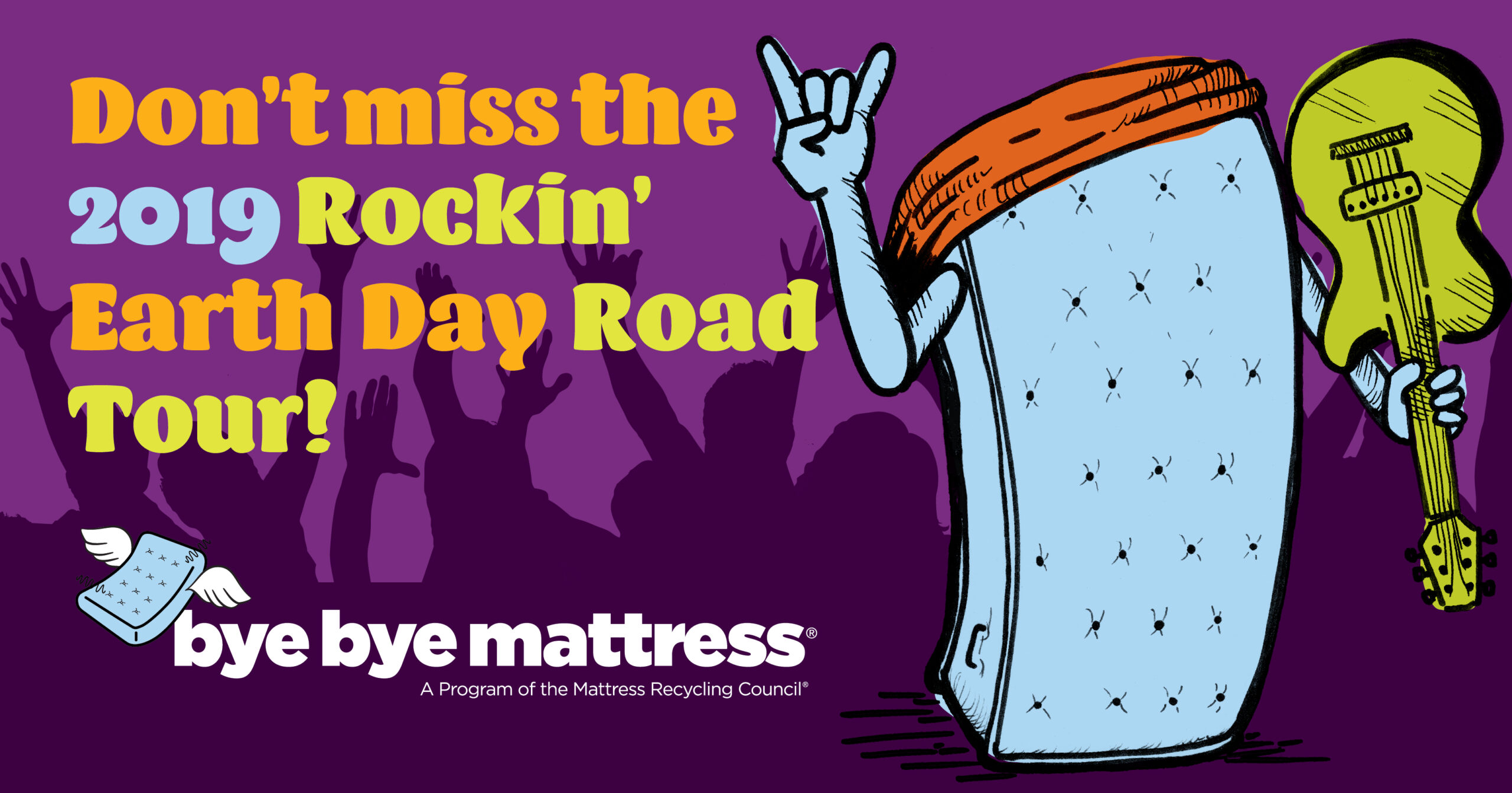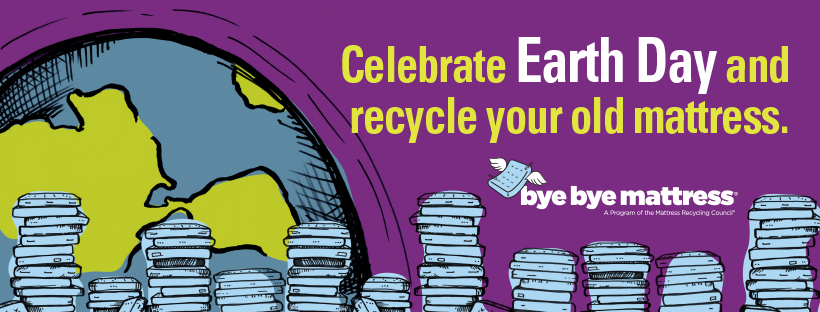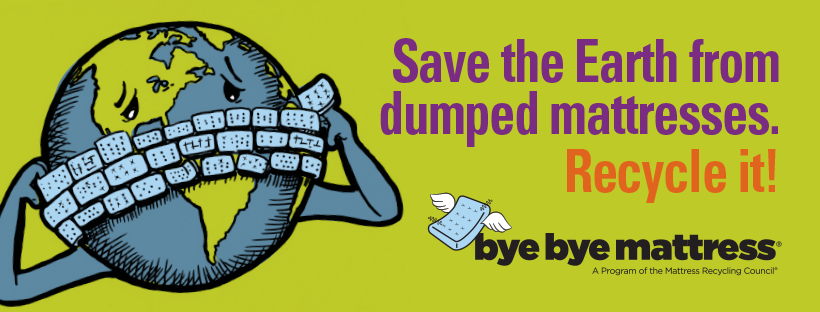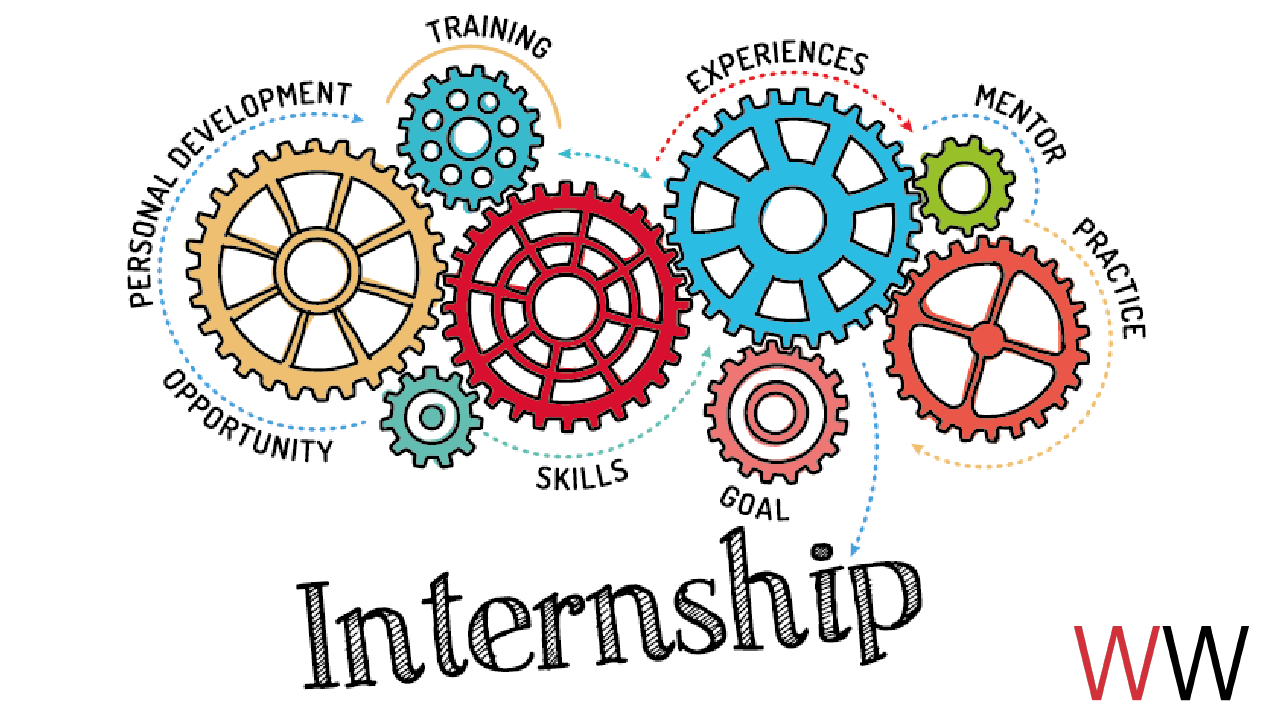By: Glaelis Sierra – Account Director at Williams Whittle Advertising
If you’re in the sustainability business, then you should know there are a few windows during the year when environmental awareness is higher. And those are the perfect windows of opportunity to launch your campaign. Whether it’s a PSA, an ad campaign or any other business strategy – time is of the essence. You must think of seasonality to make your message relevant to a wider audience.
When is it a good time to launch?
The major holidays for environmentalists include Earth Day (April 22), World Oceans Day (June 8) and America Recycles Day (November 15). During these holidays a lot of local events are held to engage consumers in doing their part for the environment. Cities schedule cleanup and conservation activities to educate consumers, as well as other events to bring communities together. So, your message will resonate with a larger audience, since environment awareness is higher during these dates.
Here are some examples of social media creative for our client Mattress Recycling Council (MRC) to support Earth Day and America Recycles Day.
![]()
Make sure you use any hashtag relevant to the event.


Since MRC participates in several Earth Day events throughout the states where they operate, we created a road tour creative to list all the event info. Also, we created generic Earth Day posts to use during the month.


Even if you’re not launching a campaign around this time, you should ensure your social media game is strong during these windows. Post about how your brand has helped the environment and your plans for the future. Let your audience know about upcoming events and if you’ll be partnering with any other organization during these events.
Here’s a list of green holidays to keep in mind throughout the year:
- World Wetlands Day– Feb. 2
- Plant a Flower Day – March 12
- World Sparrow Day – March 20
- World Forestry Day – March 21
- World Planting Day – March 21
- World Water Day – March 22
- World Meteorological Day – March 23
- Earth Hour – Last Saturday of March
- Earth Day – April 22
- Arbor Day– Last Friday in April (each state also has its own observation based on best tree planting time)
- Green Up Day – first Saturday of May in Vermont
- International Migratory Bird Day – Second Saturday in May in the U.S. and Canada
- Greenery Day – May 4 in Japan (previously April 29)
- International Day for Biological Diversity (World Biodiversity Day) – May 22
- Bike-to-Work Day – Third Friday in May
- National Trails Day – First Saturday in June
- World Environment Day – June 5
- World Oceans Day – June 8
- Global Wind Day – June 15
- World Day to Combat Desertification and Drought – June 17
- World Population Day – July 11
- International Tiger Day– July 29
- National Wildlife Day – Sept. 4
- International Day for the Preservation of the Ozone Layer – Sept. 16
- Clean Up the World Weekend– Third weekend in September
- Zero Emissions Day – Sept. 21
- International Day of Peace – Sept. 21
- World Car Free Day – Sept. 22
- Ecological Debt Day (Earth Overshoot Day) – July 29 in 2019 but changes. It’s the (claimed) approximate calendar date on which humanity’s resource consumption for the year exceeds Earth’s capacity to regenerate those resources that year. Since 2001, Overshoot Day has moved ahead by an average of three days per year.
- World Rivers Day – Every last Sunday in September
- World Habitat Day – First Monday in October
- World Vegetarian Day – Oct. 1
- World Animal Day – Oct. 4
- International Day for Natural Disaster Reduction – Second Wednesday in October
- World Vegan Day – Nov. 1
- International Day for Preventing the Exploitation of the Environment in War and Armed Conflict – Nov. 6
- America Recycles Day– Nov. 15
- World Soil Day – Dec. 5
- International Mountain Day – Dec. 11
Here are special week-long, year-long and even decade-long environmental/earth related events. Keep in mind, the actual dates vary by year.
- National Park Week– April 18-26
- Dark Sky Week– April 19-26
- Bike to Work Week (Vancouver) – May 25-May 31st and Oct. 19-Oct. 25
- National Clean Beaches Week – July 1-7
- Conservation Week (New Zealand) – Sept. 12-20
- European Mobility Week – Sept. 16-22
- Chemists Celebrate Earth Week– Week of April 22
- Green Office Week – May 11-15
- Junk Mail Awareness Week – First week of October
- European Week for Waste Reduction (EWWR) – Nine days, last complete week in November
- World Car Free Days – Week of Sept. 22 in China
- United Nations Decade of Education for Sustainable Development – 2005-2014
- Water for Life Decade – 2005-2015
- United Nations Decade on Biodiversity – 2010-2020
These green holidays should be used to anchor your campaign to gain maximum exposure and engagement when interest in the category is already high.
Internal Strategies for a Green Business
As you think of seasonality and the perfect timing to launch your campaign, don’t forget about internal strategies to keep your business green. The conversation about climate change and environmental consciousness is stronger every day. Organizations need to make sure they’re doing whatever they can to maintain a green business inside and out. Here are some ideas on how to green your business:
- Make green thinking a part of your company culture – Engage your employees in your new vision. Create efficiency goals and make them fun. Make your employees part of those goals, track and celebrate each milestone.
- Change lightbulbs – LEDs use far less energy and do not contain mercury and other toxic gases contained by incandescent and fluorescent lights. They might seem pricey upfront, but it will be a good investment in the long run for your organization and the environment.
- Eliminate plastic bottles – We already know that plastic is a huge problem for our environment, so why not install a water filtration system in the office? And maybe your next corporate gift is a reusable water bottle for your employees. Great way to stay green and have them promote your organization.
- Do business with green vendors – Look for their sustainability guidelines. Check if they use energy efficient vehicles and manufacturing plants that have practices in place to reduce their carbon footprint.
- Conserve human energy – Healthy, energetic employees will be more creative and productive. By serving sustainable brain food at meetings such as nuts organic fruits and even dark chocolate might help play a role in maintaining mental acuteness.
- Recycle and use green cleaning products – Make sure the trash cans are labeled with what’s accepted in each one. When thinking of a clean office, some of those products might be highly toxic. So, why not switch a greener option? The benefits include improved health, increased clarity, a reduction in allergic reactions, and a healthier planet.
These internal strategies will support your organization’s green goals and will help you live your brand inside and out.



